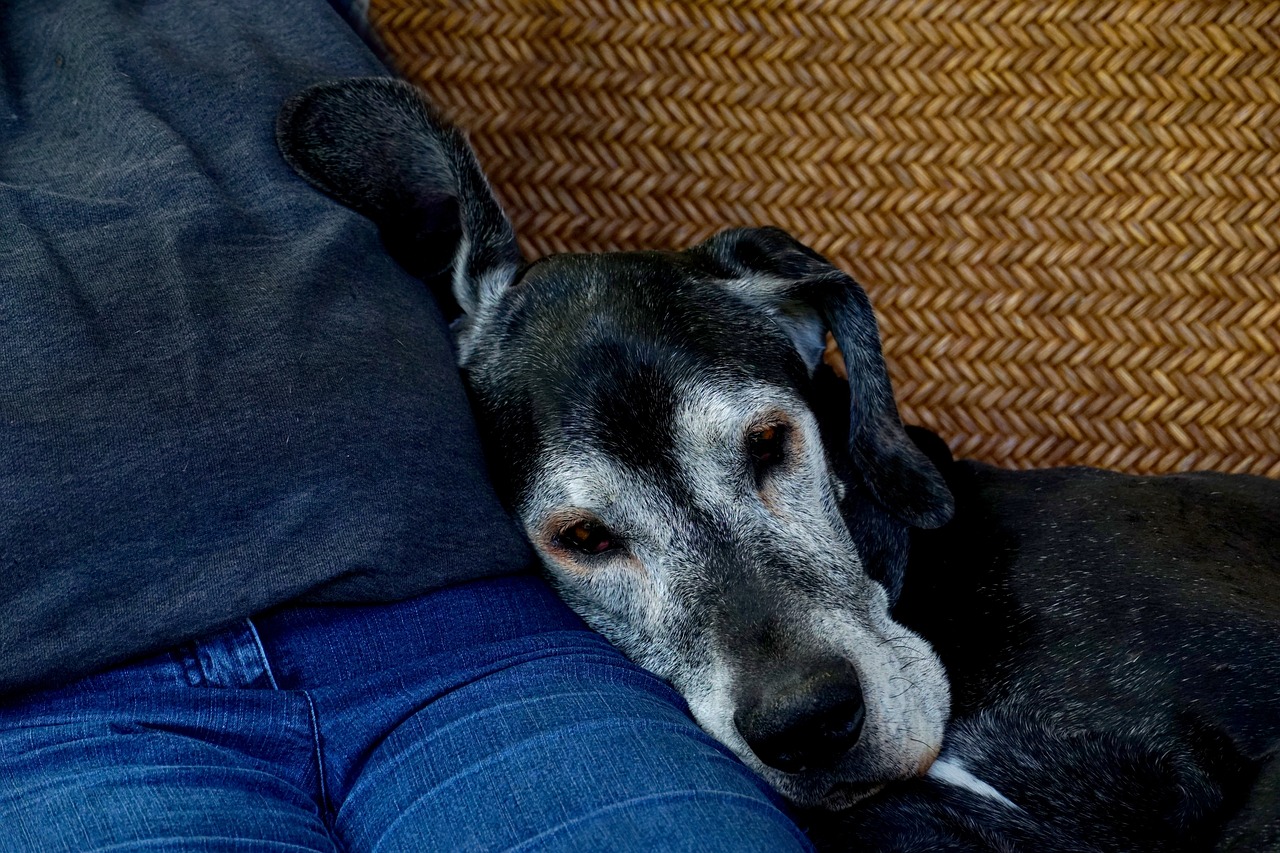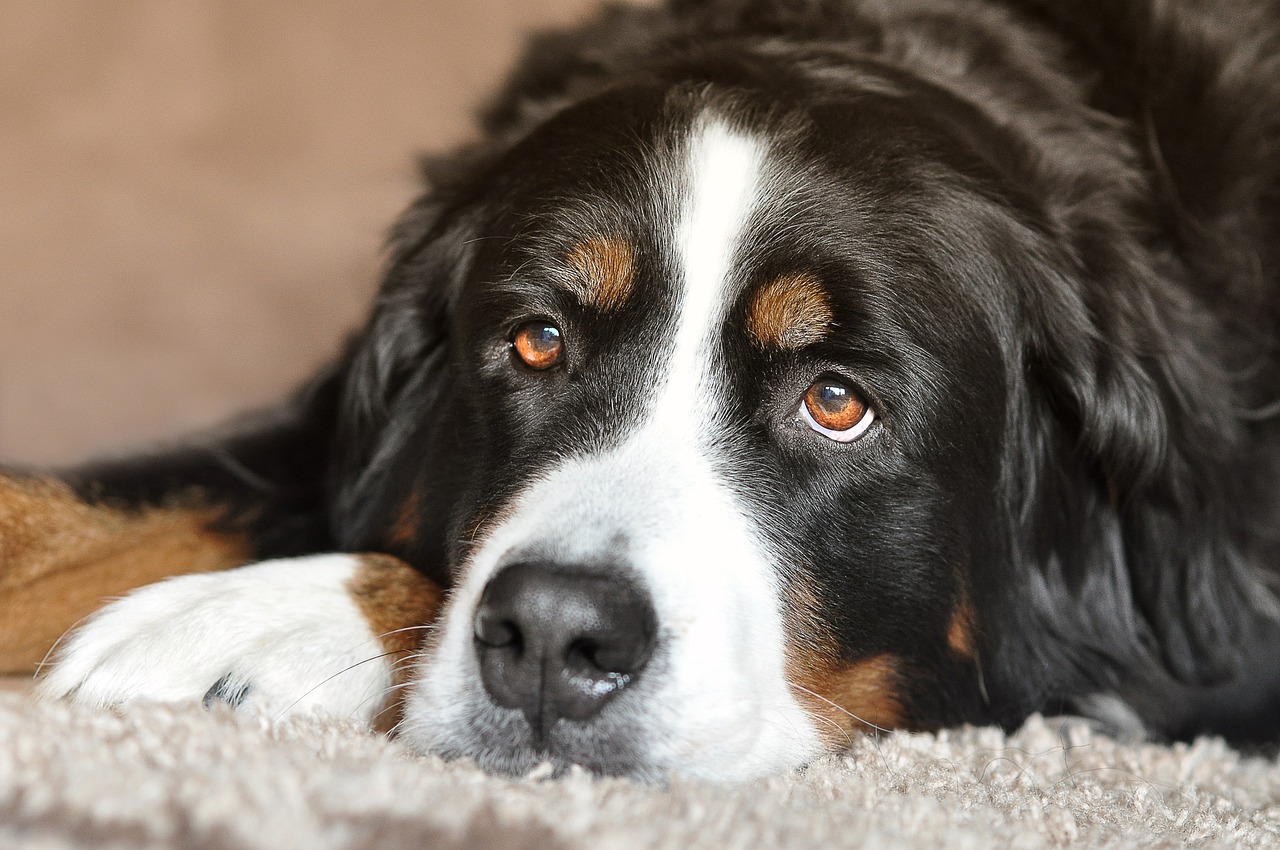 Shutterstock
Shutterstock
When adopting or caring for older dogs, numerous myths can make people hesitant to welcome a senior dog into their lives. These misconceptions often unfairly label older dogs as inactive, untrainable, or unable to form new bonds. In truth, senior dogs bring a wealth of love, loyalty, and experience, often surprising their owners with how adaptable, affectionate, and delightful they can be. Older dogs have so much to offer, proving that age is just a number for companionship and joy.
Older Dogs Aren’t Trainable
 Shutterstock
Shutterstock
One of the biggest misconceptions about older dogs is that they can’t be trained or learn new tricks. The truth is that dogs are highly intelligent creatures who can learn at any age. While a young puppy may learn faster because they’re in the formative stage of their life, older dogs can pick up new commands, tricks, and routines. In fact, they often excel in training because they’re more focused and have longer attention spans than puppies. An older dog can learn about anything with patience and positive reinforcement.
Senior Dogs Don’t Have Much Energy
 Shutterstock
Shutterstock
It’s easy to assume that older dogs don’t have the energy of a young pup, but that doesn’t mean they’re couch potatoes. Many older dogs are still playful, active, and eager to go on walks or have playtime. They might be calmer than younger dogs, but they still enjoy exercise and mental stimulation. Often, senior dogs are the perfect balance—they’re lively without being overly energetic, making them ideal companions for people who want an active yet relaxed dog.
Older Dogs Are Always Sickly
 Shutterstock
Shutterstock
While it’s true that older dogs are more susceptible to certain health issues, not all senior dogs are frail or constantly unwell. Many older dogs are healthy and only require basic check-ups and preventive care to stay happy and active. In fact, regular vet visits, a balanced diet, and exercise can help keep an older dog’s health in check. It’s also worth noting that some breeds are naturally longer-lived, so a senior dog of a certain breed may have many healthy years ahead.
They’re Too Set in Their Ways to Bond
 Shutterstock
Shutterstock
Some believe older dogs are too “set in their ways” to form a deep bond with new owners, but this couldn’t be further from the truth. Many older dogs have an incredible capacity for love and form strong attachments to their caregivers. In fact, older dogs often show appreciation and loyalty toward those who give them a second chance. They can be just as affectionate, loyal, and eager to please as younger dogs, if not more so. For those who adopt older dogs, their bond is often profound and filled with gratitude.
Older Dogs Don’t Enjoy Playtime
 Shutterstock
Shutterstock
Contrary to popular belief, older dogs still enjoy playtime and can be playful! While they may not run around like a puppy, they still appreciate toys, games, and interaction with their humans. Playing with an older dog might involve gentler activities, like a game of fetch with a softer ball or interactive toys that don’t require intense physical effort. Older dogs often find joy in these activities and enjoy spending quality time with their owners, proving that age doesn’t take away a dog’s love for play.
Senior Dogs Are Prone to Behavioral Issues
 Shutterstock
Shutterstock
Another myth is that older dogs come with “baggage” and are prone to behavioral issues. However, many older dogs are well-mannered and have already been trained by previous owners, making them ideal companions. While some older dogs may have quirks, these are often easy to manage and are generally no different from the personality traits of younger dogs. In fact, adopting an older dog often means welcoming a dog who already understands basic commands and knows how to live comfortably in a home setting.
They’ll Sleep All Day
 Shutterstock
Shutterstock
Older dogs may indeed enjoy more naps, but that doesn’t mean they spend all day snoozing! Many older dogs are happy to be up and about, exploring their surroundings, spending time with their owners, and engaging in activities. Senior dogs enjoy a balanced routine, mixing rest with activity, and can be surprisingly active when given the chance. Just like people, dogs’ energy levels vary, and many older dogs retain a spark and curiosity for life that’s as vibrant as ever.
Why Older Dogs Are Worth Every Cuddle
 Shutterstock
Shutterstock
Older dogs bring wisdom, patience, and endless love. While they might have a few gray hairs and need an extra nap, their loyalty and warmth are as strong as any pups. If you’re seeking a companion with a relaxed vibe and a heart full of affection, an older dog might be your perfect match. Think of them like fine wine—mellow, cuddly, and only getting better with time. Embrace the joy of an older dog, and you’ll discover a pure and unwavering love!
 Toledo, United States.
Toledo, United States.